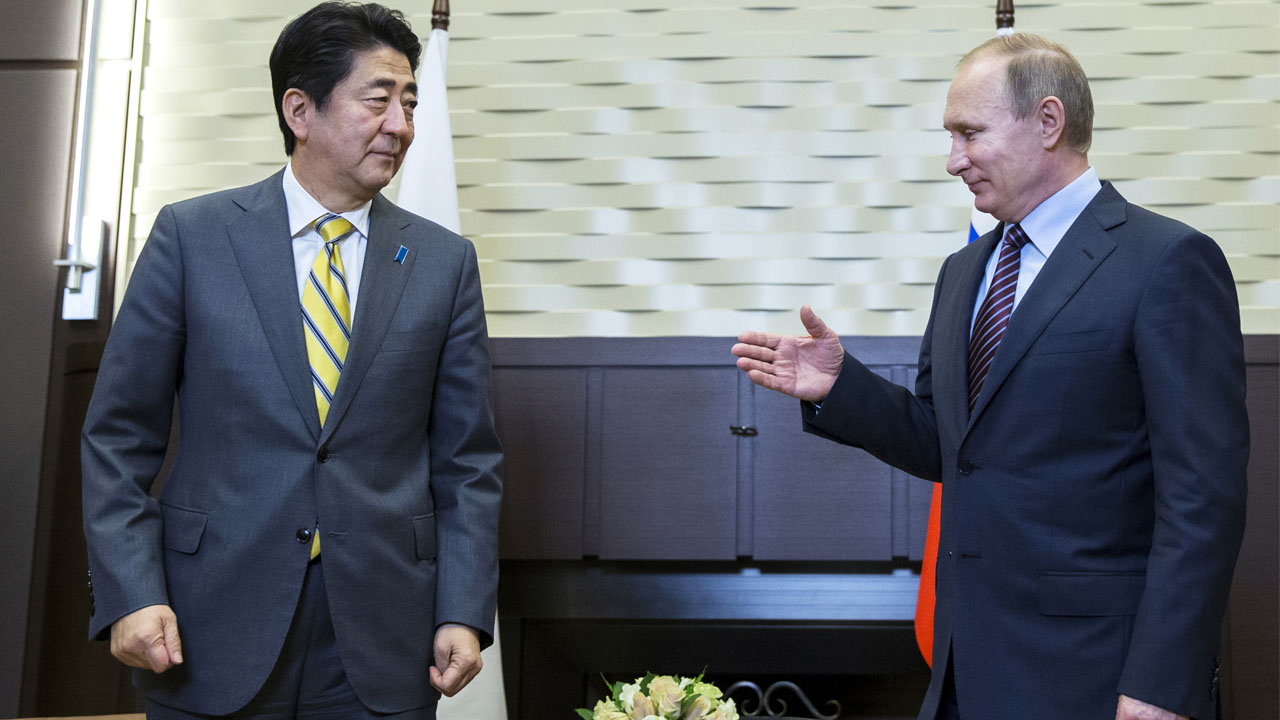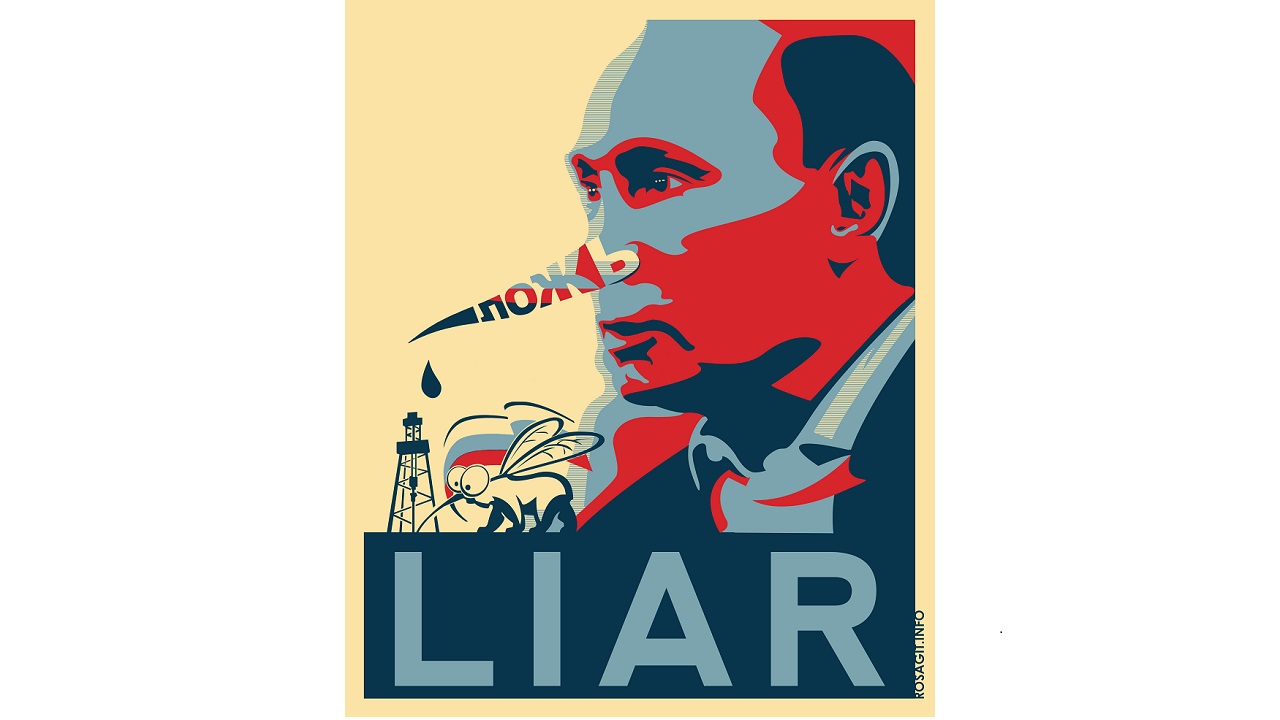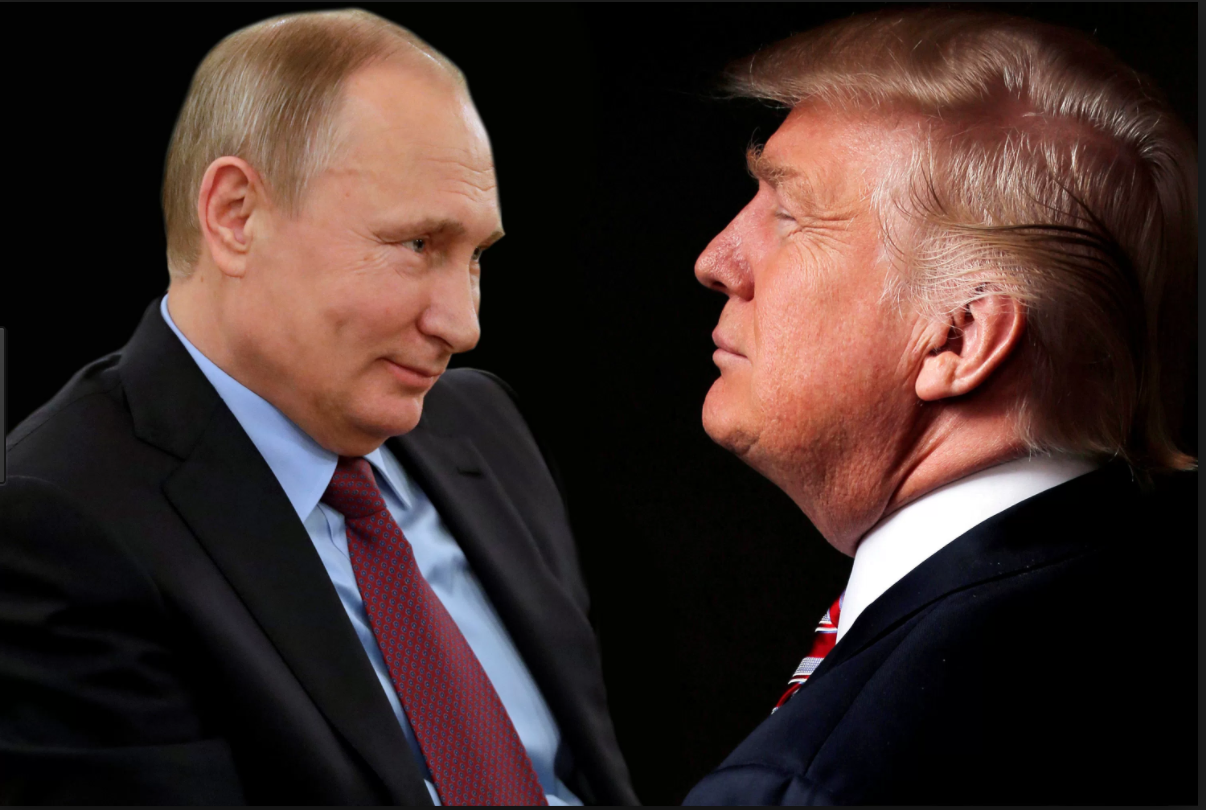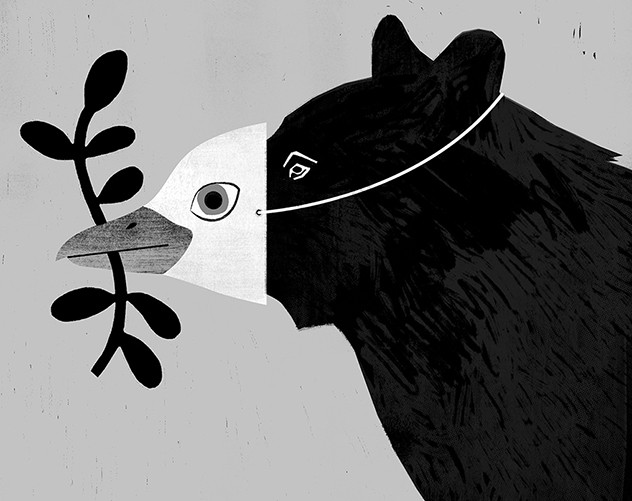US President Barack Obama put his finger on what Vladimir Putin is about when he said after his meeting with the Kremlin leader that there is “a trust gap” between Putin and the rest of the world, a gap that Putin has created by lying about everything all of the time, Igor Yakovenko says.
Putin first created this “trust gap” within Russia and has extended it to the world as a whole in what the Moscow commentator suggests constitutes “a world war against trust,” one that Putin cannot hope to win but that is already causing enormous problems for other countries and for Russia itself.
It is difficult to describe just how large this gap has become because “Putin lies all the time. He lied by saying that Russian forces weren’t in Crimea. Then he himself rejected this lie but continued to lie that Crimea itself, without any pressure, had conducted a referendum in correspondence with international law.”
Now, the Kremlin leader “lies when he says that there are no Russian soldiers in the Donbas and that Russia is not sending arms” to them. “He lies that the LDNR and Russia do not have any relation to the destruction of the Malaysian Boeing. [And] he lies when he says that the Russian air force is bombing only ISIS terrorists.”
What this means, Yakovenko says, is that “the Putin lie has become one of the chief challenges to the world at the beginning of the 21st century. All politicians of the world know that Putin lies all the time.” They can’t ignore Russia, but they are reacting to this by lowering the level of contacts (the US), not shaking his hand (the UK), or trying for compromises (Japan).

In response to Japanese Prime Minister Shinzo Abe, Putin himself talked about the need for “mutual agreement” on the basis of “heightened trust.” But Putin is conducting a war against such trust and thus his words have a completely different meaning than what they would mean if used by anyone else.
With regard to the dispute with Japan over the Northern Territories (the Kuril Islands), Putin made five points:
- First, he said, “Russia doesn’t trade in territories.”
- Second, he said that he recognized the 1956 accord which called for returning two of the islands to Japan.
- Third, he spoke about the need for “lengthy negotiations.”
- Fourth, he said, any resolution “must be a compromise.”
- And “fifth and most important, there must be ‘a high level of trust,’” which Putin defined not as anyone else would but rather as
- Japan’s agreement to accept Russia’s actions in Ukraine
- Moscow’s dominance over the post-Soviet space
- And also Tokyo’s willingness to end its security cooperation with the United States.
Besides the obvious internal contradictions of Putin’s declaration, there is another aspect of his remarks to Abe that merits attention:
That reflects Putin’s work in the KGB, where “the result of recruitment always is the establishment of patron-client relationships” rather than relationships based on trust. And this is behind his attack on the EU, “the largest ‘trust factory’ on the planet.” He has attacked it directly and used others, including ISIS, to weaken that collective “trust” group.
According to Yakovenko, “Putin is not an ideologue and therefore will not write a book, ‘Mein Kampf with Trust.’ And he clearly does not consider his activities in such categories. But if such a book were to appear, it would have two parts,” the first devoted to Putin’s war on trust inside Russia up to 2014, and the second to his war against it internationally since that time.
Putin has achieved many of his goals domestically, but his chances for victory in this war internationally are non-existent. Unfortunately, the Moscow commentator says, he has a great chance to inflict misfortunes of various kinds on others – even while the chances he is inflicting damage on his own country remain high as well.
Related:
- 'A lie isn't an alternative point of view,' Lithuanian FM reminds the West
- Putin's 'International of Lies' based on money, not ideas, Yakovenko says
- Putin's hybrid war objective is to capture effective control, Sazonov says
- A guide to Russian propaganda
- Putin's new political technologies keep his antiquated system in place, Shevtsova says
- Putin's Crimean miscalculation
- Three more danger signs regarding Putin's intentions in Ukraine
- 15-point checklist of Putin regime's propaganda techniques
- Putin's personnel changes make a long-term dictatorship more likely, Pastukhov says






